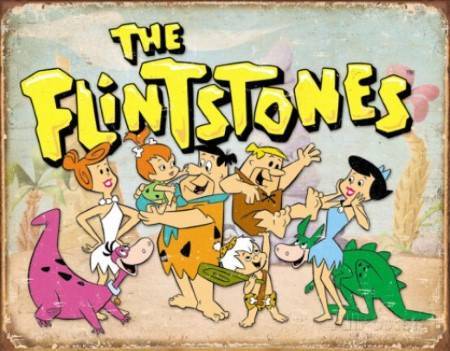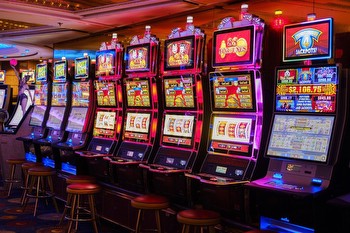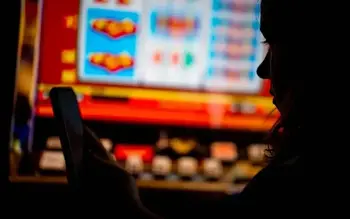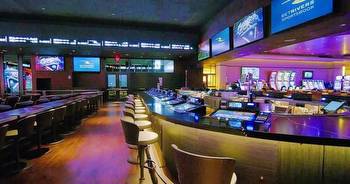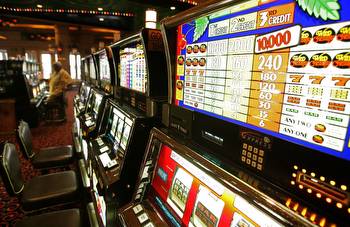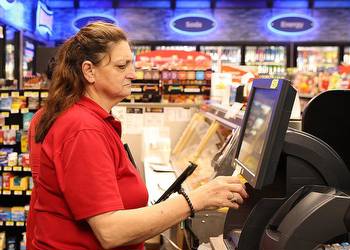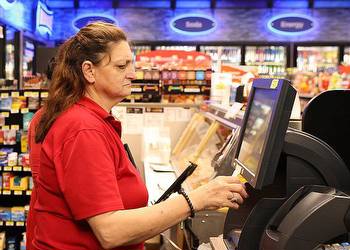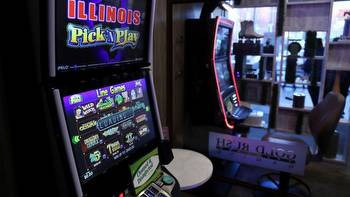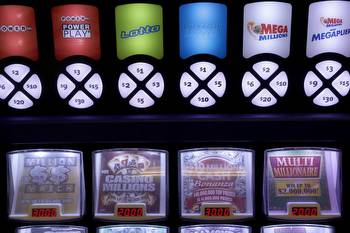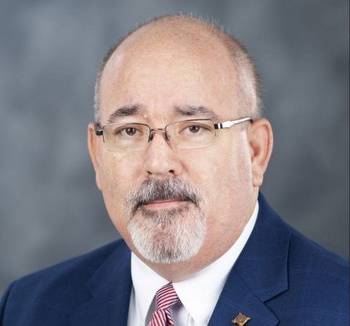API report warns that gambling, state lotto legalization comes with downsides

A new report by the Alabama Policy Institute (API) suggests that a gambling expansion would have negative repercussions.
API commissioned Dr. John Hill to prepare an in-depth report on gambling and the effects of expanding legalized gambling in the state. His twenty-page report detailed the potential pitfalls that come with the expansion of legalized gambling in the state.
The proposed bill could include: Casinos, a state-sponsored lottery, sports gambling, and online gambling that Alabamians could play from their smartphones and laptops.
In 2020 Alabama Governor Kay Ivey, commissioned a commission that showed that the state could generate an additional $200 to $300 million from a lottery, $300-$400 million from casinos, and an estimated $10 million from sports gambling producing an estimated $600 million total to further grow state government. It remains unclear what the legislature plans to do with these new resources and if the people 0f the state would see any benefit.
Dr. Hill warned, however, that lottery revenues are undependable.
Since 2011, the percentage of each dollar devoted to state initiatives has fallen from 34% to 29%, while the percentage of money devoted to prizes has increased from 62% to 67%. This is because it takes bigger and bigger payouts to lure gamblers in. States that then cut the prizes to increase their revenues have seen ticket sales decrease by as much as 40%.
Those hardest hit by lottery play are those who can least afford to play. One study showed that households making less than $30,000 per year spent 13% of their income on lottery tickets, compared with just 1% for households earning $50,000 per year or more. Stores selling lottery tickets are disproportionately concentrated in lower-income neighborhoods. Poor people also bought tickets more frequently (26.1 times in the last year) than those in the two highest fifths (9.5 and 10.1 times).
There are 468 commercial casinos open in 27 states. There are also 523 Indian casinos open in 29 states — including three in Alabama owned by the Poarch band of Creek Indians. That total includes 15 in Florida and 29 in Mississippi.
Hill’s report indicated these casinos generate more than half of their revenue from local gamblers rather than tourists. When money is spent on gambling, it is not spent on other goods and services in the same community leading to the closing of existing local businesses and reduced sales tax collections.
Connecticut, Delaware, Michigan, New Jersey, Pennsylvania, and West Virginia have all legalized online gambling. Since 2013, revenues from legal online gambling in the U.S. have gone from zero to 8.3% of all traditional casino and racino revenues. Sports betting has spread rapidly across the U.S. after the Supreme Court ruled that it could be done outside of Nevada.
Hill’s report showed that legalized gambling adds very little to the bottom line of most states. Combined tax revenues from non-tribal casinos, lotteries, sports gambling, and stand-alone electronic gambling devices represented only 1.7% of the $2.2 trillion spent by state governments in 2021. In Mississippi twenty years ago, casinos provided almost 5% of the revenue for their general fund. That percentage has fallen to just 2.14% in the current fiscal year. Gambling revenues have fallen 16% since 2008 (a drop of 39% when adjusted for inflation). This is due to competition from the tribal casinos and the allure of newer attractions in Arkansas and Louisiana.
The state of Alabama had a $43.2 billion budget in fiscal year 2023. Gambling revenues would only amount to a small percent of that and would negatively impact sales tax collections and other revenue sources.
The 14 states that allowed mobile sports betting in the 2021-2022 fiscal year collected $150 million less in revenues than the $560 million predicted by the gambling proponents.
Tourists have little reason to visit Alabama to gamble given the amount of gambling venues already present across the country.
Hill’s research shows that if additional gambling is legalized, its accessibility would undoubtedly draw people who have not gambled previously. Some of these would become problem gamblers.
The symptoms of a gambling addiction include increasing preoccupation with gambling, a need to bet more money more frequently, restlessness or irritability when attempting to stop, “chasing” losses, and loss of control manifested by continuation of the gambling behavior in spite of mounting, serious, negative consequences. In extreme cases, problem gambling can result in financial ruin, legal problems, loss of career and family, or even suicide.
In states where casinos legally operate, residents were 40% more likely to have gambled in the past year, were 80% more likely to have gambled at least six times in a casino in the past year, and 50% more likely to report a gambling problem; than in states without legalized casinos. In states with legalized lotteries, residents were 280% more likely to have gambled in the past year, 900% more likely to have bought lottery tickets at least thirty times in the past year, and 70% more likely to report a gambling problem.
Hill’s research shows that a lottery would increase the number of problem gamblers in Alabama by 25,800 (37%). Adding multiple types of gambling would increase the number of problem gamblers by at least 32,000 (37%). Underage problem gamblers are two to four times more likely than adults to develop gambling addictions.
In California, gambling addicts comprise less than 5% of all gamblers yet account for 52% of the money spent in casinos, 32% of the money spent on lottery tickets, and 42% of off-track betting wagers.
In one study the top 5% of lottery players accounted for 51% of all lottery ticket sales.
Adolescents tend to begin gambling before they begin other risky behaviors, including tobacco, drugs, alcohol, and sexual behavior. Although access to most legal forms of gambling is restricted, large numbers of high school and underage college students gamble in casinos and buy lottery tickets.
As many as 15% of adolescents gamble online, even though it is illegal. The estimated proportion of college students with at least one gambling disorder has increased to 7.89%. High school students who gamble on the Internet are more likely to report poor academic performance and alcohol abuse.
About 25% of gamblers with serious addiction problems manifest manic behavior, and over half report being depressed. 38% had mood disorders, 37% had some anxiety disorder, and 23% had major depression.
Hill wrote that “the government has a responsibility to protect its citizens, not make them economic slaves. The economic and social costs of expanding gambling of any kind in Alabama are not in the best interests of our state.”
Legislators are likely to introduce a gambling bill in the legislative session that begins on February 6 in order to get it on the ballot for voters to ratify on the November 5 general election.
To connect with the author of this story or to comment, email







